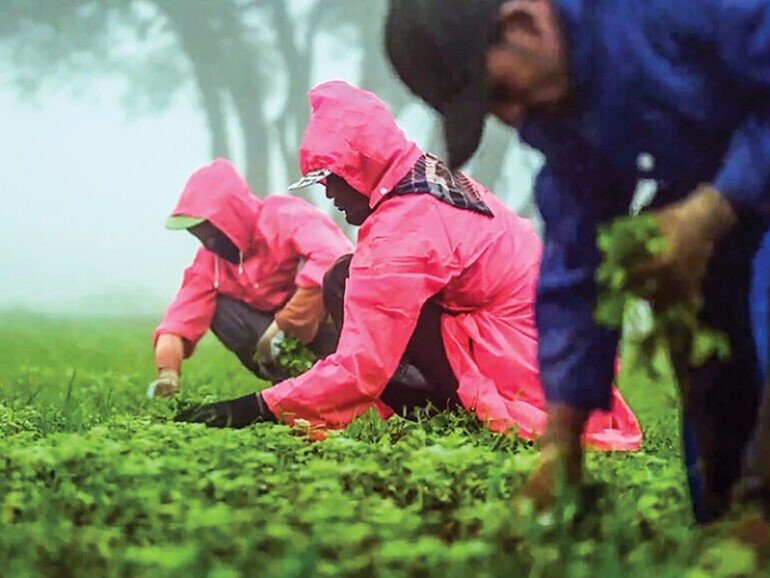Oman is preparing a comprehensive national strategy to curb the spread of the invasive parthenium weed, a highly aggressive plant threatening crops, biodiversity, and public health. The weed has already infested parts of Dhofar’s plains and farmlands, releasing toxic chemicals that hinder crop and pasture growth while causing respiratory issues in humans and health problems in livestock.
The initiative follows a three-day workshop in Salalah, organized by Dhofar Municipality with local and international experts, which called for a sustainable 2026–30 plan. The roadmap will focus on scientific monitoring, integrated management, biological control, and public awareness campaigns.
Key recommendations include using the 2026 national survey as a baseline to track the weed’s spread, creating a digital database, registering selective pesticides, and preparing a biological control framework. Plans also involve launching a mobile app for reporting infestations and training volunteers and environmental observers to strengthen early warning systems.
As part of wider ecosystem restoration efforts, Dhofar Municipality has been dispersing seeds to restore natural vegetation. In the 2025 khareef season alone, over 10 million seed balls and 3 billion pastoral grass seeds were spread across Dhofar’s mountains. Similar campaigns in 2023 and 2024 released millions of seed balls and tonnes of grass seeds.
Oversight lies with the Steering Committee for Parthenium Weed Control, established after the plant was officially classified as a destructive pest in 2023. Experts emphasize that combining biological, physical, cultural, and chemical techniques will be essential to managing the weed and protecting Oman’s natural environment.















